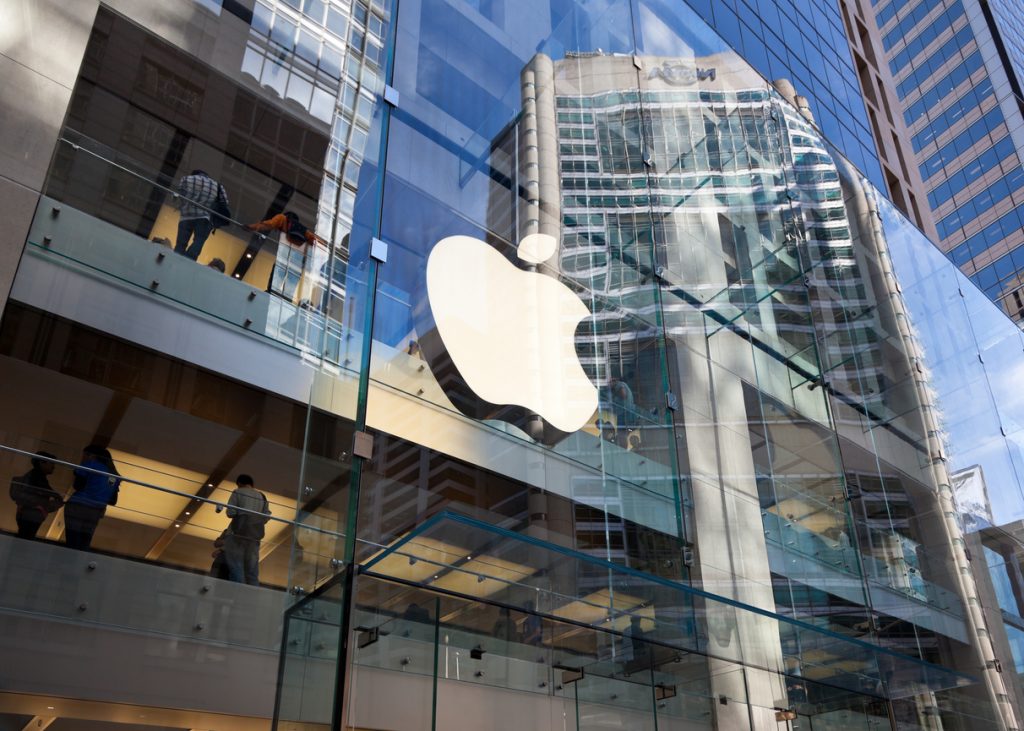Apple Faces £1.5bn Class Action in UK Over App Store Commissions.
The inaugural trial arising from a series of UK class action antitrust lawsuits targeting major technology firms is set to commence on Monday, as Apple confronts a £1.5 billion legal challenge alleging that it imposes "excessive and unfair" fees on software downloaded from its app store. Unless a last-minute settlement is reached, the iPhone manufacturer will engage in a legal confrontation at the UK’s Competition Appeal Tribunal, facing accusations of exploiting its dominant market position to impose commissions of up to 30 percent on transactions within its App Store.
This seven-week trial, which will feature testimony from Apple’s newly appointed chief financial officer, Kevan Parekh, represents the latest in a series of legal obstacles encountered by major technology companies globally. In the United States, the Department of Justice has initiated a lawsuit against Apple, claiming that its App Store regulations have hindered competition. Nevertheless, Apple largely emerged unscathed from a legal dispute with Epic Games, the creator of Fortnite, which began in 2020 and concluded early last year.
Antitrust attorneys and the litigation funding sector that supports such cases will closely monitor the proceedings at the Competition Appeal Tribunal as they assess the likelihood of success for various other antitrust lawsuits against technology giants, including Alphabet, Microsoft, and Meta. The case against Apple, initiated on behalf of millions of consumers in the UK, follows significant setbacks last month for two other class action lawsuits.
Telecommunications provider BT successfully defended itself against allegations of overcharging landline customers, while Mastercard reached a settlement regarding card fees amounting to £200 million—merely a fraction of the £14 billion initially sought by the claimants.
Numerous claims have emerged, predominantly targeting technology firms, under UK legislation established a decade ago that permits collective legal actions for purported violations of competition law. Nevertheless, these cases have been hindered by protracted procedural disputes, with the lawsuit against Apple being the first in this sector to advance to trial. The claimants, spearheaded by "class representative" Rachael Kent, a lecturer at King’s College London, assert that Apple has established a monopoly by compelling developers of software for devices like iPhones and iPads to utilize the company’s proprietary app store for distribution.
They are seeking £1.5 billion from Apple, contending that the "excessive and unfair" commissions imposed on developers are ultimately transferred to consumers who download the applications and purchase content or digital services within them. The legal team representing the claimants, led by Mark Hoskins KC and Tim Ward KC, is anticipated to argue that Apple has reaped "exorbitant" profits, as the commissions significantly exceed what they would be if the software were also accessible through competing platforms to the App Store. Although Apple’s iOS competes with Google’s Android operating system, the claimants maintain that it has solidified its market dominance within its "ecosystem" of devices and software.
Apple has characterized the lawsuit as lacking merit. When the case was initially filed in 2022, the company stated, "The commission fees imposed by the App Store align closely with those of other digital marketplaces." Apple further noted that most applications are available at no cost, thus incurring no fees, and emphasized that the "overwhelming majority" of developers are eligible for a reduced commission rate of 15 percent, a provision established in 2020 for small businesses whose annual app revenue does not exceed $1 million.
It is anticipated that Apple will contend that the plaintiffs have overly restricted the definition of the market to solely encompass iOS applications, asserting that the company does not hold a dominant position in the wider markets for digital transactions and devices.





















